Begging In Yemen: From Causes To Solutions
Khabar Khair (Only Good News) – Dr. Nuha Nasser
The number of questioners increased in Yemen, and the map of beggary expanded and moved from the main cities to secondary ones and the countryside, where the beggars are exposed to marginalization, contempt and neglect.
The expansion of the beggary phenomenon to the countryside is a sure indication that the productive societies are no longer able to resist the economic deterioration that the country is going through, and the continuation of the conflict will contribute to the rise in the percentage of beggars in Yemen.
The Growing Phenomenon of Beggary in the Yemeni Society
Head of the Department of Sociology at the University of Taiz, Dr. Yasser Al-Silwi asserts that beggary in the Yemeni society is an old phenomenon and problem that increased in prevalence in the early 1990s with the Gulf crisis and the return of Yemeni expatriates, and worsened after the 1994 AD conflict and the resulting economic collapse.
Dr. Al-Silwi said, “Despite the achievement of the relative political stability after the conflict of 1994 AD to the beginning of the new millennium, the economic situation in Yemen continued to deteriorate, and the area of poverty and unemployment in the country widened and the level of per capita income decreased, and these matters constantly worsened, especially after the 2011 AD crisis, and the resulting events”.
Dr. Yasser added, “The main reason that led to the recent spread of beggary is the conflict that has been going on in Yemen for seven years, which has had catastrophic effects on various levels, as 25 million Yemenis have become food insecured”.
A source in the Ministry of Social Affairs and Labor confirms that the number of liquidators exceeds 200,000 in Yemen. The reasons behind this are many, including: conflict, job loss, displacement, and the suspension of most activities and businesses that covered the needs of hundreds of thousands of Yemenis.
The source added that thousands of Ethiopian and Somali refugees practice begging alongside the Yemenis, which has made combating beggary an impossible task in light of the intense conflict, the continuation of the phenomenon of displacement from areas where the conflict is intensified, the state institutions have stopped, and the security and control services are weak.
Escaping from Conflict to Beggary
Conducting field surveys of this phenomenon and studying it closely and knowing the reasons and motives that lead to the increase in the number of questioners at the level of Yemen as a whole or cities, and the specificity that relates to each region or city with regard to the phenomenon of beggary is one of the solutions that will enable the concerned authorities to develop conceptions and initial solutions in order to address this phenomenon, and also lead to activating the role of organizations, institutions and relevant authorities to combat the phenomenon of beggary and limit its spread.
Along the Abyan coast, beggars work at 12 noon, which is the time when visitors to the sea begin to come to the parks and coasts to spend time with their families.
Muhammed, a 12-year-old boy from Hudaydah, told “Khabar Khair” (Only Good News), “I was displaced with my family from Hudaydah to Aden due to the intensification of the conflict in our areas in 2018 AD”. Muhammad added that he resorted to beggary, accompanied by his younger brother in order to provide for the needs of their family, which consists of 8 members, all of whom do not work, and their father is disabled.
Muhammed Haditha continues to “Khabar Khair” (Only Good News), “I go out with my brother in the morning to the coast of Abyan, and there we ask people and get the little money that barely covers the needs of our family, and we return in the evening”.
Muhammad confirms that he will give up beggary after he is able to collect enough money to equip a small cart that will help him support his family.
Hundreds of women, children and men are scattered in the streets of the city of Aden and at the intersection of roads and near markets, commercial centers and restaurants, and some of them are knocking on the doors of homes searching for food or clothes.
Absence of the State Role
Dr. Al-Silwi confirms that the absence of the role of the state and civil society organizations as alternative institutions and the cessation of support provided by the state to destitute families through the Social Welfare Fund, contributed to the joining of many of these families to the rest of the beggars, as their circumstances prompted them to search for an alternative source of income, even if it was within its minimum limits.
Dr. Yasser added, “Beggars in Yemeni society can be divided into two categories; a category that has been forced by the economic repercussions of the conflict to use beggary as a means to secure the basic needs of families, and another one that takes beggary as a profession for profit, as there are networks operating in this dark side and exploiting children and people with special needs to influence them in order to earn huge sums as the beggary is the easiest way to raise money”.
On her part, Umm Hisham (from Aden governorate) said that she comes to the center of a city street with her two children to stand in the highway between passing cars, to receive gifts from almsgiving that help her continue to face the burdens of life with her two children.
She confirms to “Khabar Khair” (Only Good News) website that she is forced to go out and ask people in the traffic after she lost her husband, who supported her family, as she does not receive a salary and has no source of income.
Umm Hisham lives with her two children in a small room for a monthly rent of 40,000 riyals (43$), which forces her to go out begging in order to provide the rent for the room, and secure the livelihood of her two children.
On the same road, there are gatherings of women, children and men looking for someone to help them and asking passersby for money or food.
(S.M.), who refused to publish his name, told “Khabar Khair” (Only Good News) website, “What am I talking about when I ask people? Do you think that we are making mistakes or that our going out to the streets to collect money is not what we need? Let’s whoever wants to come to the places where we live and see the truth and spread it”.
He added, “We are unable to provide for our children’s food. We have no choice but to ask people for money. I am a helpless father. I cannot bear to see my children hungry or sick, and this is what forced me to become a beggar”.
(S. M). continues while crying, “It is not easy for us to extend our hands to beg people, because we have no work and no solution to continue life except beggars. We are weak and strangers and we are subjected to insults and ridicule from some people”.
Solutions to Address the Phenomenon of Beggary
The solutions that will limit the phenomenon of beggary and its spread are multiple, but talking about it in light of the continuation of the conflict is a kind of absurdity because the conflict is the main reason that produces this phenomenon, so the main treatment for this and other negative phenomena that have spread in Yemeni society begins with stopping the conflict.
Which is what Dr. Al-Silwi said, “Stopping the conflict comes at the top of the solutions to this phenomenon, because it will lead to stopping displacement, and this means reducing the number of families who are forced to go out to beg, and the return of the displaced to their areas and stability will reduce the causes of the spread of this phenomenon”.
Dr. Al-Silwi added, “The gradual return of economic life and the increase in job opportunities, in parallel with the reconstruction of Yemen, which will follow the cessation of the conflict, will contribute to creating job opportunities for many families, which will push many of them to stop begging after they get job opportunities as a result of the economic movement that will happen”.
He stressed that stopping the conflict will lead to an end of suicide, and the cases of injuries and disabilities that result from the conflict will disappear with the disappearance of the causative factor, and this means reducing or limiting the factors that push families or their children to go out to beg to ensure sources of income and the basic needs of these families.
He said, “Stopping the conflict will lead to the return of state agencies to work and their regularity, and then activate security and reveal the networks behind the beggars, and will also contribute to the return of education, especially in the areas where the educational process was almost halted, which means the return of many children of these families who they are sharpened to their schools after the beggar prevented them from joining the educational process during the conflict”.
The initiation of the aforementioned solutions does not mean that the phenomenon of begging will disappear overnight, because such treatments that are related to ending the conflict in Yemen require time and deep treatments related to the social and psychological frameworks, in addition to concerted efforts to transform these families that depend on begging to provide their livelihoods to re-productive families, which means that solving this phenomenon requires the cooperation of the competent authorities, and the will of the targets themselves.


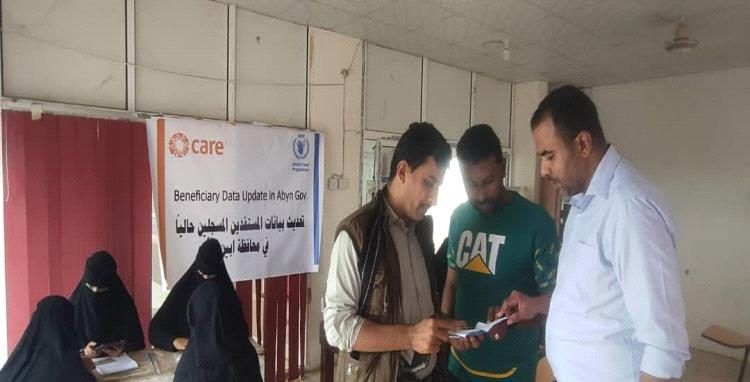

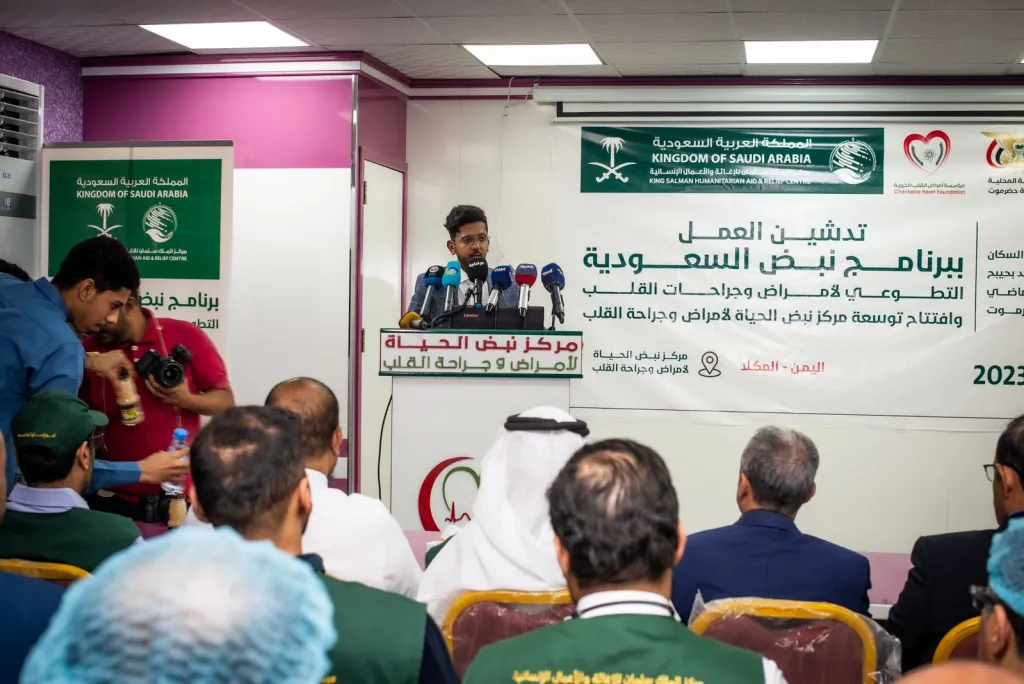
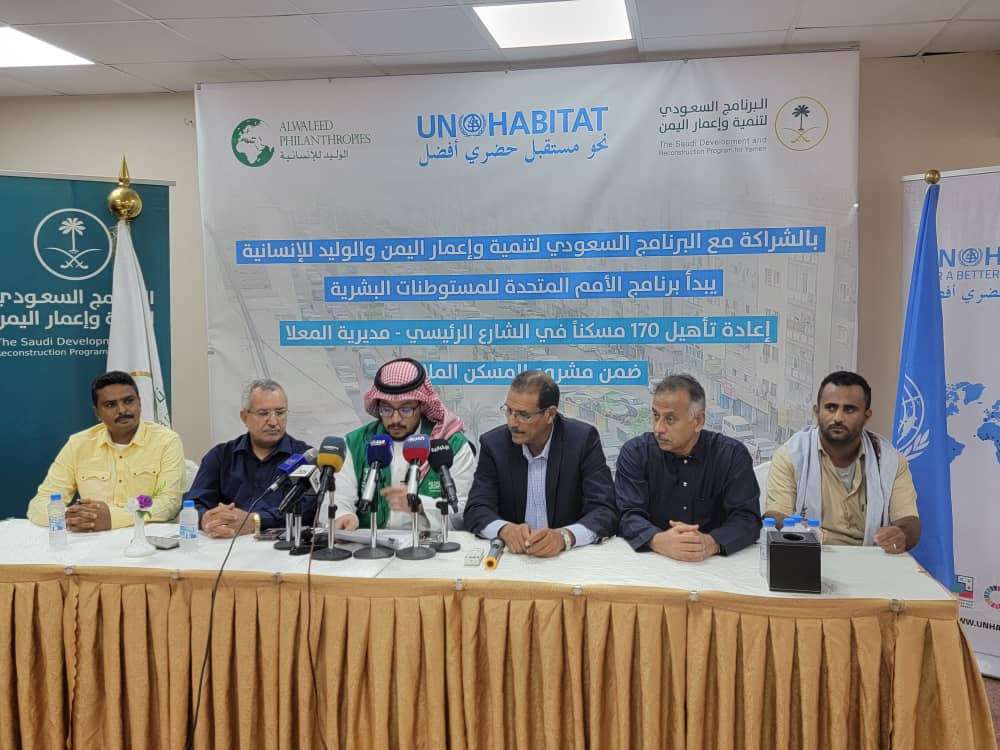
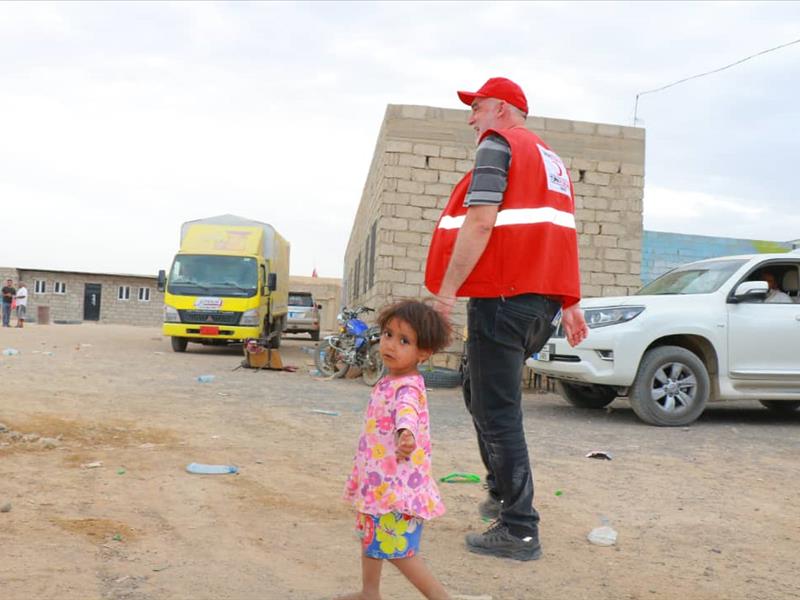
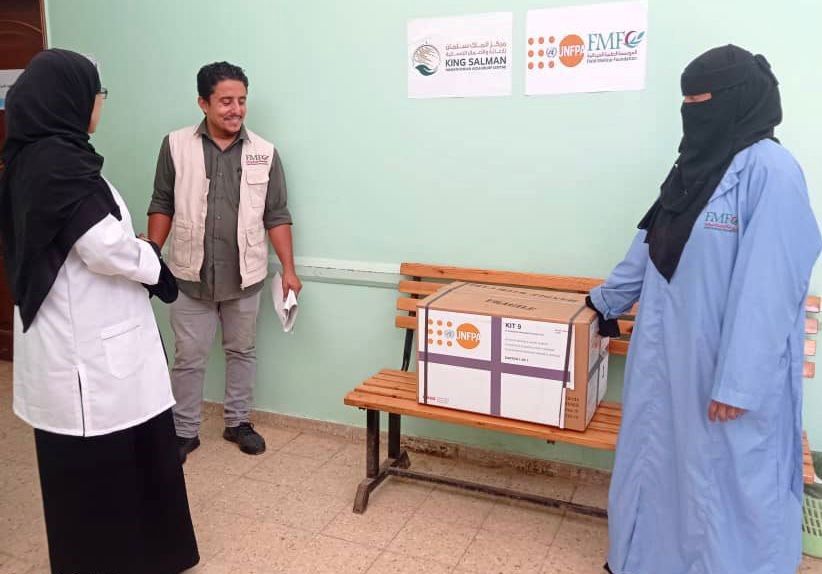


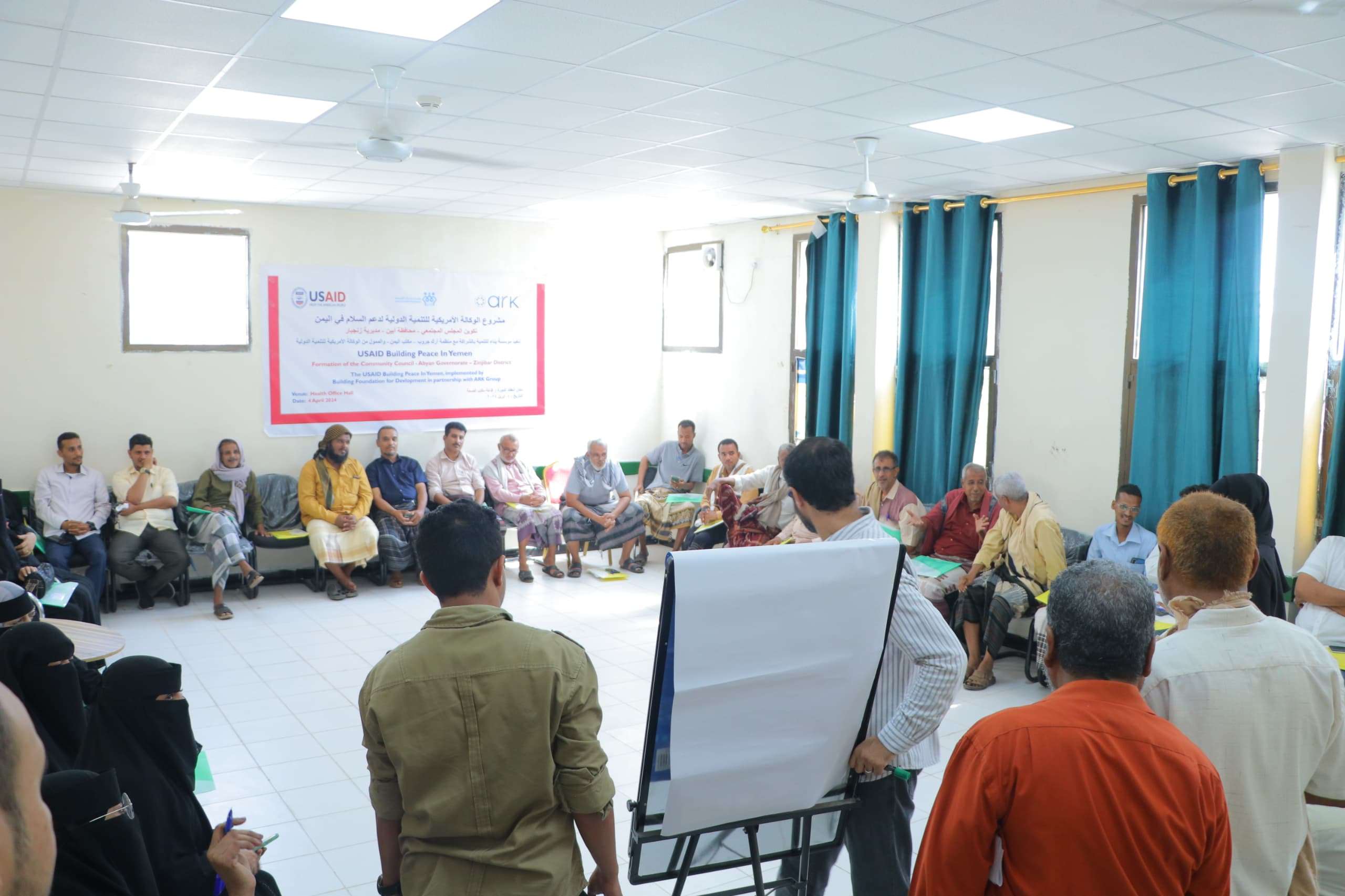
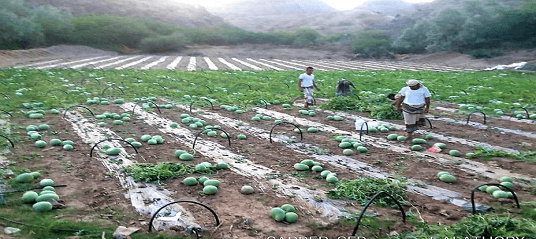
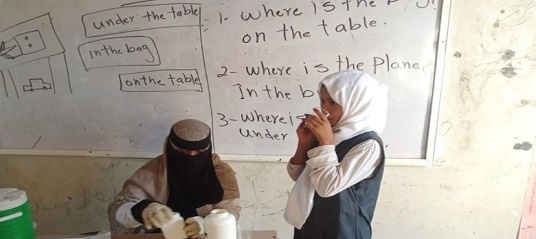
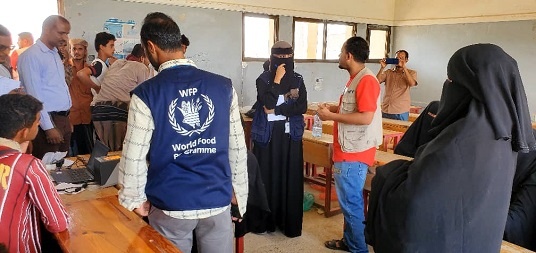
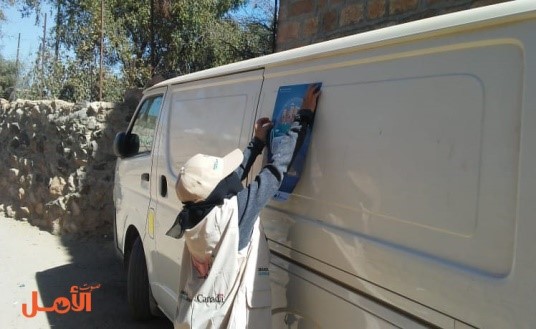
LEAVE A COMMENT